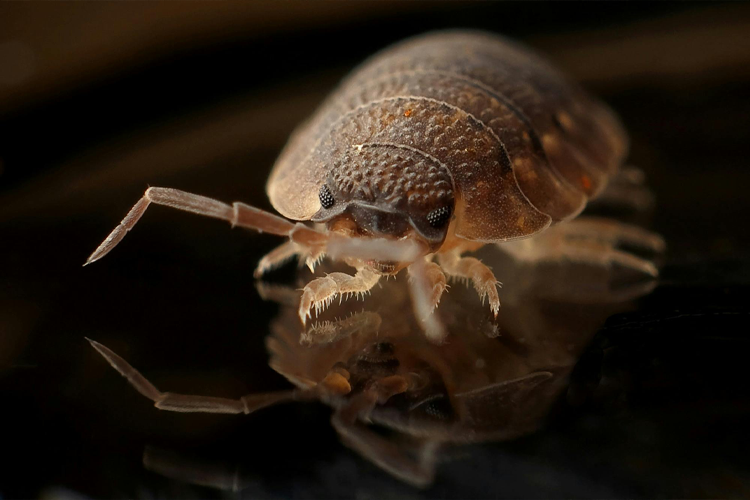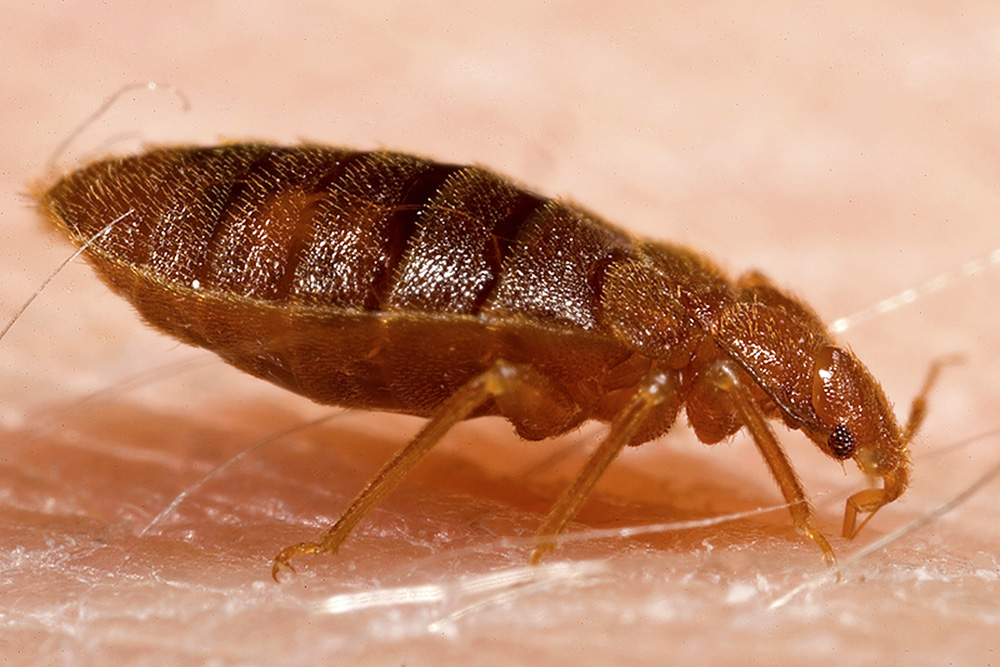Leading Kings Cincinnati Pest Control Services: Exterminator Expertise
Leading Kings Cincinnati Pest Control Services: Exterminator Expertise
Blog Article
Sorts Of Parasite Control: Which Approach Is Right for Your Infestation?
When confronted with a parasite infestation, the selection of a suitable approach for parasite control is critical in effectively handling the situation. From chemical treatments to organic solutions, there exists a variety of approaches that can be used to deal with different sorts of bugs. Each method features its very own set of considerations and benefits, making the decision-making process a nuanced one. Recognizing the subtleties of each method and evaluating their compatibility with the particular parasite problem at hand is important for attaining long-lasting success in pest management. By exploring the different sorts of insect control techniques readily available, individuals can make educated choices tailored to their distinct situations, making certain a more effective and lasting outcome in bug removal.
Chemical Bug Control
Chemical pest control involves using synthetic or naturally acquired chemicals to handle and remove pest populaces properly. This technique is generally utilized in agriculture, forestry, and household settings to deal with a broad variety of parasites, including bugs, weeds, and rats. Using chemical pesticides can give fast and targeted solutions to pest invasions, making it a prominent option for numerous people and organizations.
One of the key advantages of chemical parasite control is its ability to swiftly get rid of pests, minimizing the risk of damage to crops, home, and human health. By utilizing specific chemicals that target specific parasites, this technique can efficiently regulate infestations while lessening harm to useful organisms and the atmosphere when used properly.
Nevertheless, the use of chemical insect control also increases problems regarding potential negative effects on non-target types, water resources, and human health and wellness. It is critical to comply with safety and security guidelines, use chemicals properly, and take into consideration different parasite control approaches to reduce these risks and ensure sustainable insect management techniques.
Organic Pest Control
Organic bug control, also recognized as biocontrol, uses living microorganisms to lower and manage parasite populations normally. This technique harnesses the power of nature to regulate parasites without the demand for artificial chemicals. Biocontrol can involve the introduction of all-natural opponents of the insect species, such as killers, virus, or parasites, to suppress bug populations. By using the insect's natural predators or virus, organic bug control supplies a eco friendly and lasting remedy to pest monitoring.

Mechanical Pest Control
Utilizing physical and hands-on methods to manage bug populations, mechanical insect control provides a different technique that does not count on making use of living organisms or artificial chemicals. This method involves making use of barriers, catches, or various other devices to literally prevent or remove insects. By obstructing pest entrance factors or establishing traps to catch them, mechanical bug control can successfully minimize invasions without presenting chemicals into the setting.
One typical instance of mechanical pest control is making use of mesh screens on doors and home windows to stop pests from entering buildings. This straightforward yet reliable approach acts as a physical obstacle, keeping pests out while allowing for appropriate air flow. In addition, devices like mousetraps, fly swatters, and ultrasonic repellents drop under the mechanical parasite control group.
While mechanical pest control approaches can be labor-intensive and require normal tracking and upkeep, they provide a ecologically pleasant and sustainable solution for taking care of insect infestations. By incorporating different mechanical techniques, homeowner can create a comprehensive pest control technique that decreases reliance on chemical pesticides.
Physical Pest Control

Some typical physical insect control approaches include the usage of obstacles such as webs or displays to avoid parasite access, catches to record and remove bugs, and hand-picking to physically eliminate pests from plants or frameworks. In addition, techniques like warm therapies can be utilized to manage pests like bed bugs by raising the temperature to levels that are deadly to the bugs.
Physical pest control is specifically useful in integrated pest monitoring (IPM) methods, where numerous parasite control organic pest control methods are incorporated for efficient insect administration while minimizing the use of chemicals. By utilizing physical insect control strategies, people can successfully resolve bug problems with very little environmental influence.
Integrated Parasite Monitoring
When implementing physical insect control methods as component of parasite management approaches, Integrated Pest Monitoring (IPM) becomes a thorough strategy that leverages different techniques to successfully control pest populaces. IPM focuses on long-term prevention of pests with a combination of biological, social, physical, and chemical devices customized to particular bug concerns. By incorporating several control strategies, IPM intends to decrease the threats related to insects while likewise minimizing dependence on chemical options.
One trick aspect of IPM is the focus on surveillance and assessing pest populaces to figure out one of the most suitable control methods. This positive method enables very early treatment and targeted approaches, causing much more efficient insect monitoring. Additionally, IPM promotes ecologically pleasant methods by prioritizing non-chemical control techniques and just making use of chemicals as a last hope.
Final Thought

By making use of the pest's natural killers or microorganisms, biological bug control uses a lasting and ecologically pleasant remedy to pest management. - Kings pest control Cincinnati
Utilizing physical and manual techniques to handle pest populations, mechanical insect control offers an alternative strategy that does not depend on the use of living microorganisms or artificial chemicals.An efficient method to managing insect populations without relying on chemical or biological methods includes the use of physical insect control methods.When carrying out physical bug control techniques as component of insect administration approaches, Integrated Insect Management (IPM) arises as a comprehensive method that leverages numerous strategies to properly manage pest populaces. Chemical insect control entails the use of chemicals, organic insect control uses all-natural killers, mechanical bug control includes physical obstacles, physical pest control consists of trapping or getting rid of bugs, and integrated bug administration combines numerous methods for an alternative strategy to pest control.
Report this page